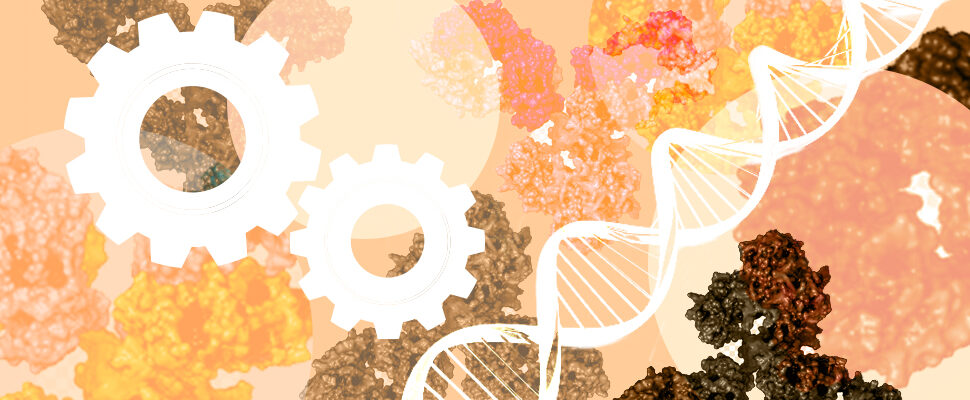Aligned with the country’s 2021 development plan and the national project to extend health insurance to all of its citizens, Morocco has embarked on a sweeping healthcare reform. After a draft framework for an overhaul of the Moroccan healthcare system was brought forward last year, the plan has been backed by a World Bank loan of USD 450 million.
This project aims for a revolution in the health sector in Morocco
Moroccan Health Ministry
Access Challenges and Personnel Shortages
The presentation of the draft proposal for reform and its subsequent approval on July 13, 2022, followed the launch of Morocco’s 2021 New Development Model (NDM) to re-establish the country’s priorities and reboot development, as well as the national project to extend mandatory health insurance or the “Assurance Maladie Obligatoire” (AMO) to every Moroccan.
It also came after a number of the country’s healthcare challenges were revealed in a report from the Higher Planning Commission (HCP), particularly pinpointing access issues such as the 27.3 percent of Moroccan women who do not have access to maternal healthcare. Moreover, Morocco’s healthcare system has long been plagued with a shortage of medical personnel with only 68,000 healthcare professionals for a population of some 37 million people.
The draft framework, presented by the Minister of Health and Social Protection Khalid Ait Taleb and approved by the Council of Ministers, proposed a major restructuring of the Moroccan healthcare system. “This project aims for a revolution in the health sector in Morocco,” said the Health Ministry in a statement.
The reforms are largely focused on improving the structure and governance of the Moroccan healthcare system with the creation of new authorities and agencies and introducing human resources measures to reduce staff shortages.
New Structures and Authorities
Among the structural changes proposed are the regional grouping of healthcare services which will enable a more effective distribution of health-related missions across the Moroccan territory, including the provision of care, training and research and development.
In order to ensure drug sovereignty and guarantee the availability, safety and quality of the country’s medicines, a Moroccan Medicines and Health Products Agency is set to be created as well as a Moroccan Agency for Blood and its Derivatives, which will replace the current National Centre for Blood Transfusion and Haematology (CNTSH). The aim of the new blood agency is to develop a blood stock that will be able to meet national needs and ensure the availability, safety and quality of all blood-derived products within the country.
Human Resources
To reduce staff shortages among healthcare professionals, following the Moroccan government’s earlier decision to reduce the duration of medical training from seven to six years, the reform looks to boost the number of health professionals by 2030 and reach a quota of 45 health professionals for every 10,000 inhabitants. To reach this objective, three faculties of medicine and pharmacy as well as three university hospitals are planned in Errachidia, Beni Mellal, and Guelmim for an estimated budget of more than MAD 3 billion.
In addition, the reform seeks to strengthen the exchange of expertise by encouraging medical experts from abroad and experts from the Moroccan diaspora to contribute to the revamp of the country’s health sector.
World Bank Endorsement
This loan will lay the foundations for a healthcare system that will continuously measure and improve access and quality of care for all
Jesko Hentschel, World Bank
These direct reforms to the healthcare system have been endorsed by an important loan from the World Bank. With a Program-for-Results loan for USD 450 million, approved in June, the World Bank intends to help the Government of Morocco implement its ambitious health reforms.
“Morocco is currently implementing one of the most ambitious and comprehensive health system reforms in the world,” the World Bank said in a statement. “This loan will lay the foundations for a healthcare system that will continuously measure and improve access and quality of care for all,” concluded Jesko Hentschel of the World Bank.
The reform is also backed up by a proposed investment charter to jumpstart investment among Morocco’s most productive sectors as well create employment opportunities and improve the country’s business climate.



